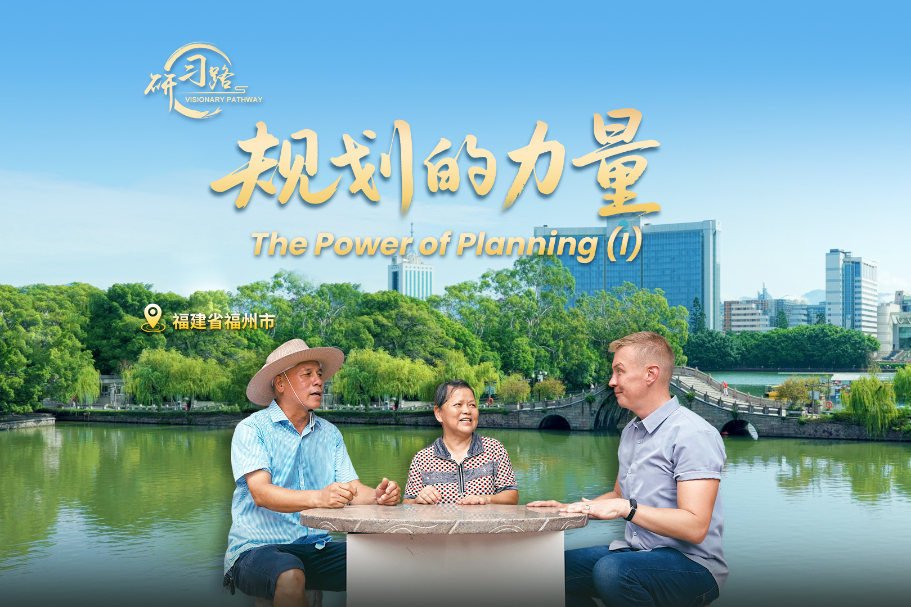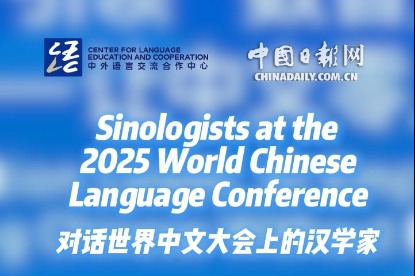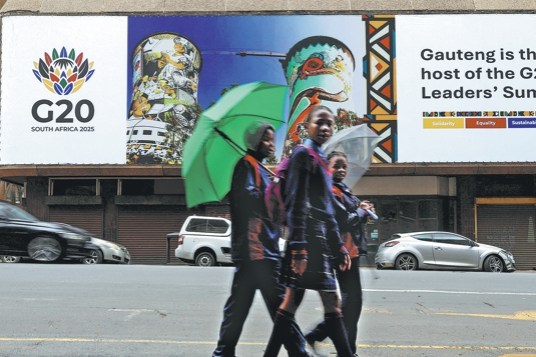Xi-Trump call reaffirms commitment to the post‑war world order: Editorial flash

Last month's meeting between President Xi Jinping and US President Donald Trump in Busan, Republic of Korea, was followed by a phone call on Monday evening that underscored an important shared principle: the post-war world order must not be challenged.
China and the United States fought side by side against fascism and militarism in World War II, and the international settlement that followed was built on that shared sacrifice. The 1943 Cairo Declaration affirmed that territories seized by Japan, including Taiwan, should be returned to China; the 1945 Potsdam Declaration reiterated that pledge. Japan's unconditional surrender in August 1945 required acceptance of the Potsdam terms, and Taiwan's return to China formed part of the post-war order.
That historical and legal framework matters today because it underpins one of China's core interests: preserving the integrity of the outcomes achieved through the great struggle of the mid-20th century. In the phone call on Monday, the US president acknowledged China's contribution to the Allied victory and expressed an understanding of the importance of the Taiwan question to the Chinese nation. Such acknowledgments suggest that, even amid disagreements, both sides continue to recognize the centrality of the post-war settlement.
The follow-through from the Busan summit and subsequent bilateral efforts to implement its understandings are welcome. If both nations can keep translating high-level agreements into steady, predictable practice, they will not only ease immediate tensions but also help safeguard the order that emerged from the ashes of war —an order forged through immense sacrifice and still essential to global stability.

































